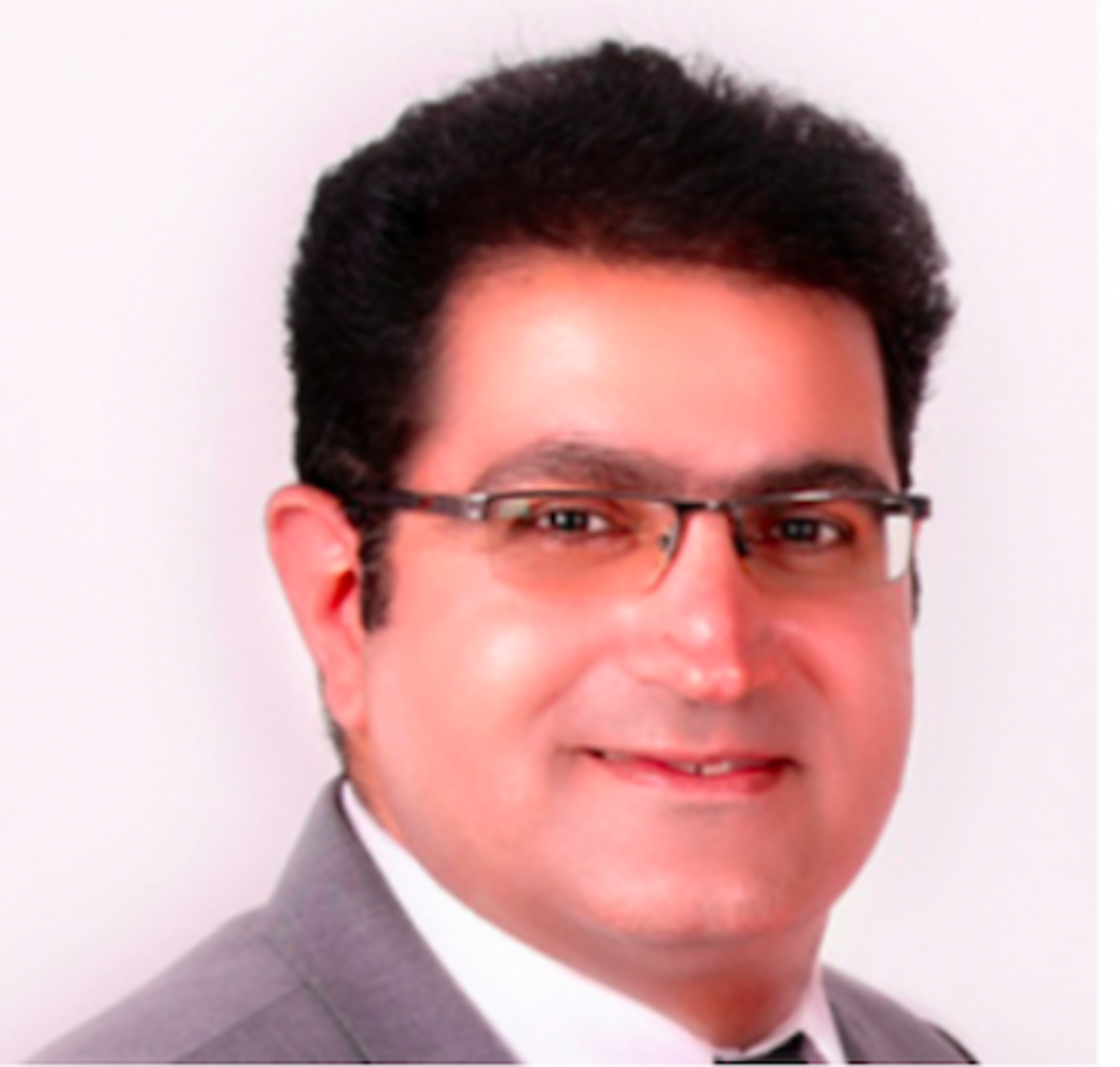Scientist Spotlight

Congratulations to Dr. Ali Behrangi, a member of EDO’s executive committee and the department of Hydrology and Atmospheric sciences, who was promoted to full professor with tenure in Spring of 2021!!
Within EDO, Dr. Behrangi is responsible for developing and contributing to research directions that can advance remote sensing sciences and help attain large grants. His area of experience is focused on remote sensing, precipitation science, drought and flood, cold region hydrology, ecohydrology, and climate change. Dr. Behrangi says, "I fit well in the EDO as the expert members complement each other to initiate and pursue big ideas."
His research covers a broad range of studies from fine to global scale related to water cycles (in particular cloud and precipitation, soil moisture, snowpack, and changes in water storage), and interactions among and within the ecosystem. Dr. Behrangi teaches the following courses:
- Intro Atmo & Hydro Rem Sensing ATMO/HWRS 455/555
- Global Climate Change ATMO 595B
- Earth: Our Watery Home HWRS 170A
Dr. Behrangi worked for NASA JPL from 2010-2012 as a Caltech post-doctoral scholar and from 2012 to 2018 as NASA scientist. His various achievements during this period led him receive the NASA Early Career Achievement Medal in 2016. He gained incredible experience through working with various satellites and their supporting team, and engaging in various stages of satellite mission development: from formulation of a mission to its launch, operation, and application. Dr. Behrangi has been in a number of NASA science teams for Earth specific science missions. Joining the UA in 2018, he brought all these experiences into EDO.
Some great advice he offers students pursuing his field, "It is a lot of fun to study the Earth using a combination of resources available to us, in situ measurements, airborne observations, and satellite data. The Earth’s climate is changing and the signature of this change can be studied and predicted to help policy makers and to educate citizens. Earth system is complex, but that brings a lot of fun and excitement for curious humans, especially when we can understand processes that can help us better predict future changes and contribute to mitigation and impact assessment actions."

